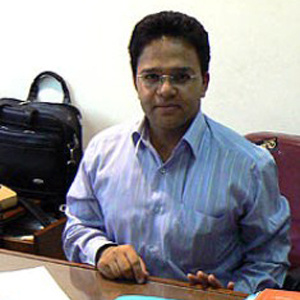Turkey’s Constitutional Referendum, a Vote of Confidence for AKP

RQ: The basis of most of the opposition to the referendum, even if implicit, was that a ‘yes’ vote to the constitutional reform would bolster the position of AK Party and Recep Tayyip Erdogan. No one is against the core of the reforms; they are democracy-oriented.
The question of AK Party’s hidden Islamist agenda is not a new issue. It has been the same story for the Refah [Welfare] Party and the Fadhilat Party when they were either in power or resurging. The secular forces have always used this tool to demonize Islamist parties and alienate their supporters. Such propaganda could have been effective in the early 1990s, when religious and racial conflicts in Bosnia-Herzegovina worried the Turks about the consequences of radical Islam. But since the 2000s, the subsiding tension in the international arena does not allow such for fear politics to take root. Secularists failed to garner the Turks’ support in the Sunday referendum.
IRD: How could the constitutional amendments possibly influence Turkey’s process of democratization?
RQ: It will have a significant constructive impact. For one thing, it has opened the way for the prosecution of Turkey’s 1980 military coup leaders. Civilian courts are also now empowered to try military personnel. With the military’s wings clipped, Turkey will accelerate toward a democratic society.
IRD: How do you see the story: was it for Erdogan’s popularity that the nation voted for the AK-introduced reforms, or was it the AK that proposed the reforms to keep its voter base?
RQ: It’s hard to untangle the two points. The point is that the major anti-reform parties, the Republican People’s Party and the Nationalist Movement Party, are both AKP’s secular rivals. Thus, with a good approximation, the vote was actually a vote of confidence for the AKP. People voted on the AK Party’s record.
IRD: After the referendum, survey groups claimed that according to their polls, only 25 percent of Turks were adequately informed about the content of the amendments. Considering Turkish society, how valid is that claim?
RQ: Citizens’ awareness of the content of the reforms was of course a topic of debate in the days leading to the referendum. Turkish society is not fully Western yet. Many Turks still live in rural areas. Although the rate of literacy is high in the country, there are still politically unaware groups there, just like the majority of other countries. This does not, however, imply that the AKP has stifled public debate over the referendum. There were full, comprehensive debates in the mass media about the intended amendments. In every society you see citizens who neither read newspapers nor watch serious programs on television.
Ramin Qahremanpour is a fellow research in the Center for Middle East Studies.

